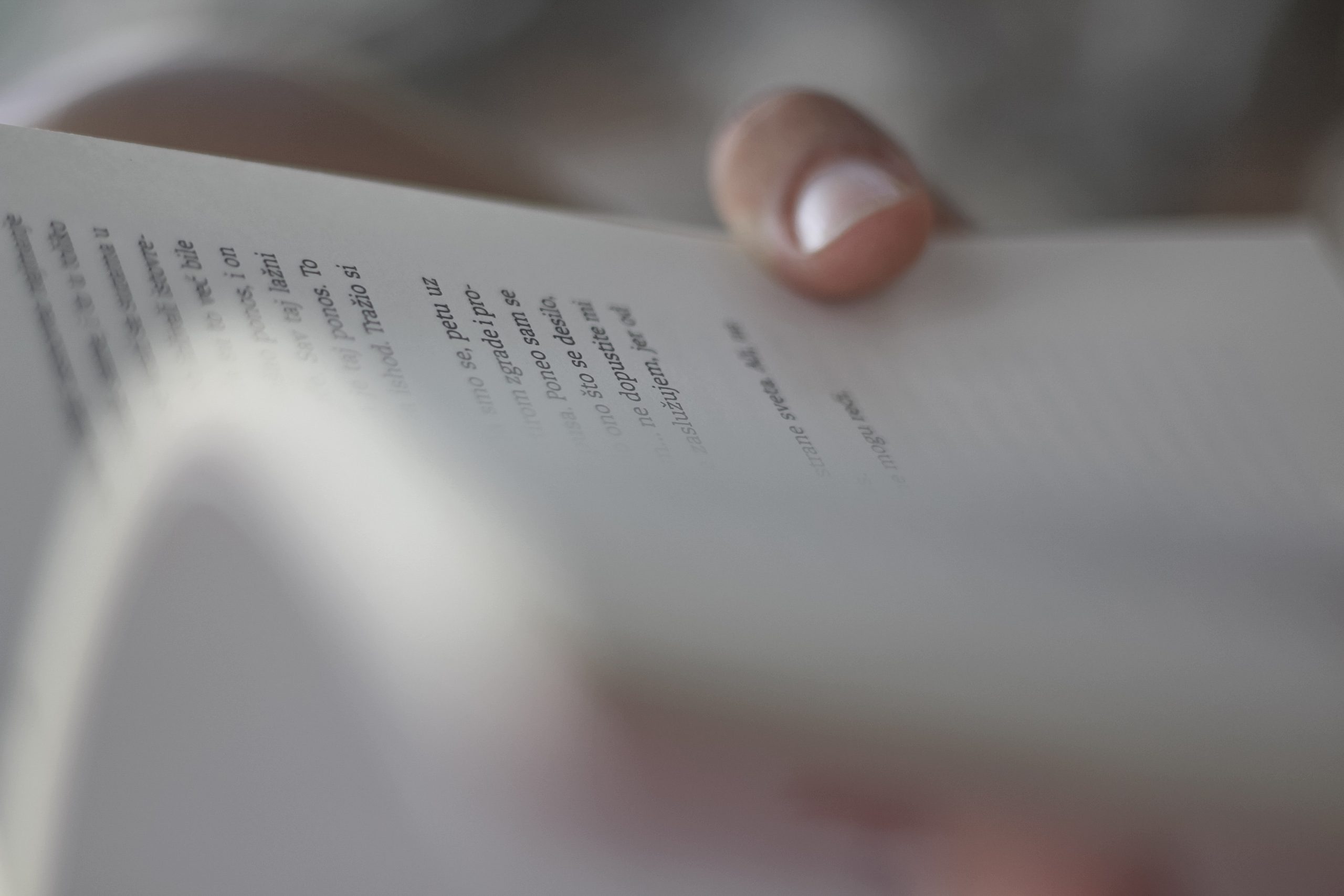I want to preface this by saying I don’t belong to the group of pretentious academics that don’t like Rupi Kaur because her poetry is too simplistic or mainstream. I recognize her talent in making poetry popular in the 21st century and needless to say I bought a copy of Milk and Honey solely to take visually pleasing pictures of it. But just because something is popular, or made accessible to the masses, doesn’t mandate that it is a bad piece of media. My criticism of Rupi Kaur lies in the fact that after a while, her style became too diluted and the lines repetitive. Also, I believe that I won’t be given my English degree if I did not have some criticism towards contemporary, what can be referred to as “Instagram” poetry.
Instagram poetry is when contemporary poetry’s sole purpose is to be shared on social media. It uses type-writer font or artistic doodles to make aesthetically pleasing posts to share. In fact, there is an interesting experiment by VICE writer Andrew Lloyd in which they attempt to fake being an Instagram poet. The lack of actual substance draws criticism to many of these Instagram poets. However, if you do enjoy contemporary poetry, which is far easier to read than its counterparts from a century ago, here are some recommendations.
Time is a Mother – Ocean Vuong
While Ocean Vuong is rather popular on Instagram, his poetry is not the kind that can be compressed into a post to share on the platform. He is a Vietnamese-American queer poet who became popular for his epistolary novel On Earth We’re Briefly Gorgeous. Time is a Mother follows similar themes as his novel: exploring sexuality, racism, personal loss and familial relationships. While I haven’t gotten around to reading this collection of poems if it is even half as evocative as his novel, I am certain it will be exceptional. All the reviews I’ve read also agree with this sentiment.
Past Lives, Future Bodies – Kristen Chang
This is Kristen Chang’s debut collection and the only other book on this list I have not read completely. However, I have been following her poetry on the internet for a bit now. Her poems are visceral and the ones that really touched me revolve around themes of the female body, especially in context to its violation. Most of her poems have similar motifs and subjects of the legacies of racism and motherhood. A student in New York, she has been published in Teen Vogue, Frontier Poetry, Hyphen Magazine and others.
Crush – Richard Siken
Arguably Richard Siken was to Tumblr. what Rupi Kaur was to Instagram. However, Crush has a little more critical acclaim. It was selected as the 2004 winner of the Yale Younger Poets prize and deservedly so. Thematically, the poetry is about love and obsession but also follows the poet’s struggles with being gay. I ate up Richard Siken’s poetry the same way I ate up Rupi Kaur’s poetry back in the day however, Siken’s poems are arguably still relevant and vivid whereas Kaur’s may have been more of a fad. His poetry is driven by a sense of anxiety, and this tone identifies very well with the youth of today (my anxiety agrees) and brings out the sense of fear that can so easily be associated with love.
Mural – Mahmoud Darwish
Mahmoud Darwish is definitely one of the more well-known names on this list. Considered Palestine’s most eminent poet, he is known for his political poetry and was even put under house arrest because of his poem, identity card, which was turned into a protest song. While he is not necessarily a contemporary poet (as most of his work was published in the 20th century), this particular collection of poems was originally published in 2000. His work has been translated from Arabic and they speak of love, and the loss of his homeland and heritage. Mahmoud Darwish’s poetry also famously changed me as a person.
Hera Lindsay Bird – Hera Lindsay Bird
This self-titled collection of poems by Kiwi author Hera Lindsay Bird is very quintessentially Instagram poetry and somehow completely different and nothing like it simultaneously. For instance, there is a popular poem called Monica about the character from the sitcom Friends, but it works as a bit of a red herring. The poet herself says: “My idea was to write a love poem that was meaningful to me but which was ostensibly about something totally banal and unrelated, and what was more banal than a psychological rundown of a stock sitcom character? It was a way of writing about something I couldn’t write about yet.” There is no particularly identifiable theme in this set of personal poems but a lot of them are mediations of love, not necessarily romantic and loss.
Written by Ruia Safir


